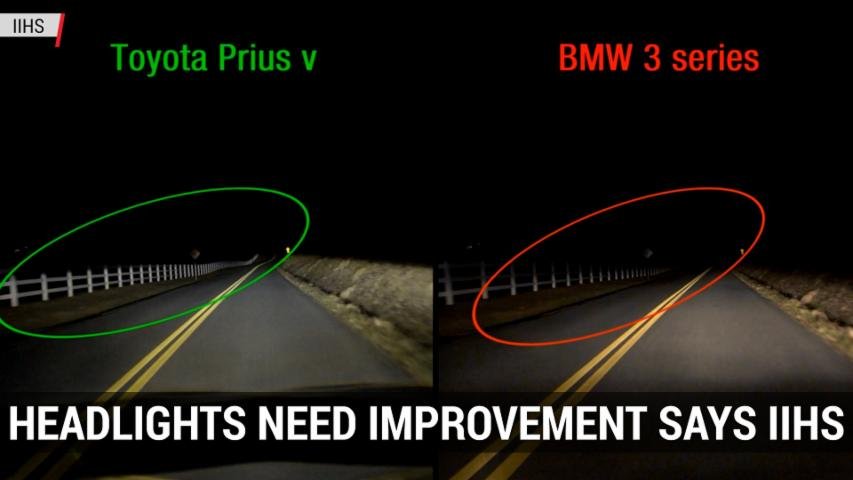Most small crossover headlights are deficient, IIHS says

The best-available headlights on 12 of 21 small crossover models tested by the IIHS received the insurer-funded group’s worst possible rating of “poor” in its second batch of headlight evaluations. In fact, not one of the 47 headlight combinations offered on the models received the top IIHS rating of “good.”
“Manufacturers aren’t paying enough attention to the actual on-road performance of this basic equipment,” Matthew Brumbelow, IIHS senior research engineer, said in a statement. “We’re optimistic that improvements will come quickly now that we’ve given automakers something to strive for.”
Five crossover models were rated “marginal” and four were rated “acceptable.” The four acceptable models were the 2017 Ford Escape, 2016 Hyundai Tucson, 2016 Honda CR-V and 2016 Mazda CX-3.
Once mostly found in luxury cars, new headlight technologies such as high-intensity discharge and LED lights as well as adaptive headlights that curve during turns are increasingly available on mainstream nameplates. Yet the IIHS found that the technologies didn’t always equate to good performance.
The ratings will be incorporated into the IIHS’ coveted Top Safety Pick+ award next year by requiring that headlights earn a “good” or “acceptable” rating to qualify for its highest possible safety rating.
The headlights tested by the IIHS adhere to National Highway Traffic Safety Administration standards, yet the IIHS says those requirements fail to fully gauge real-world performance. The IIHS began developing its headlight program last year to spur improvements in part because, according to the group, about half of traffic deaths occur at night, dusk or dawn.
After testing midsize sedans earlier, the IIHS says it will test pickup truck headlights next.
Related News
